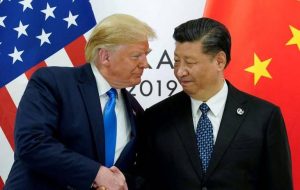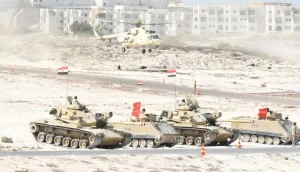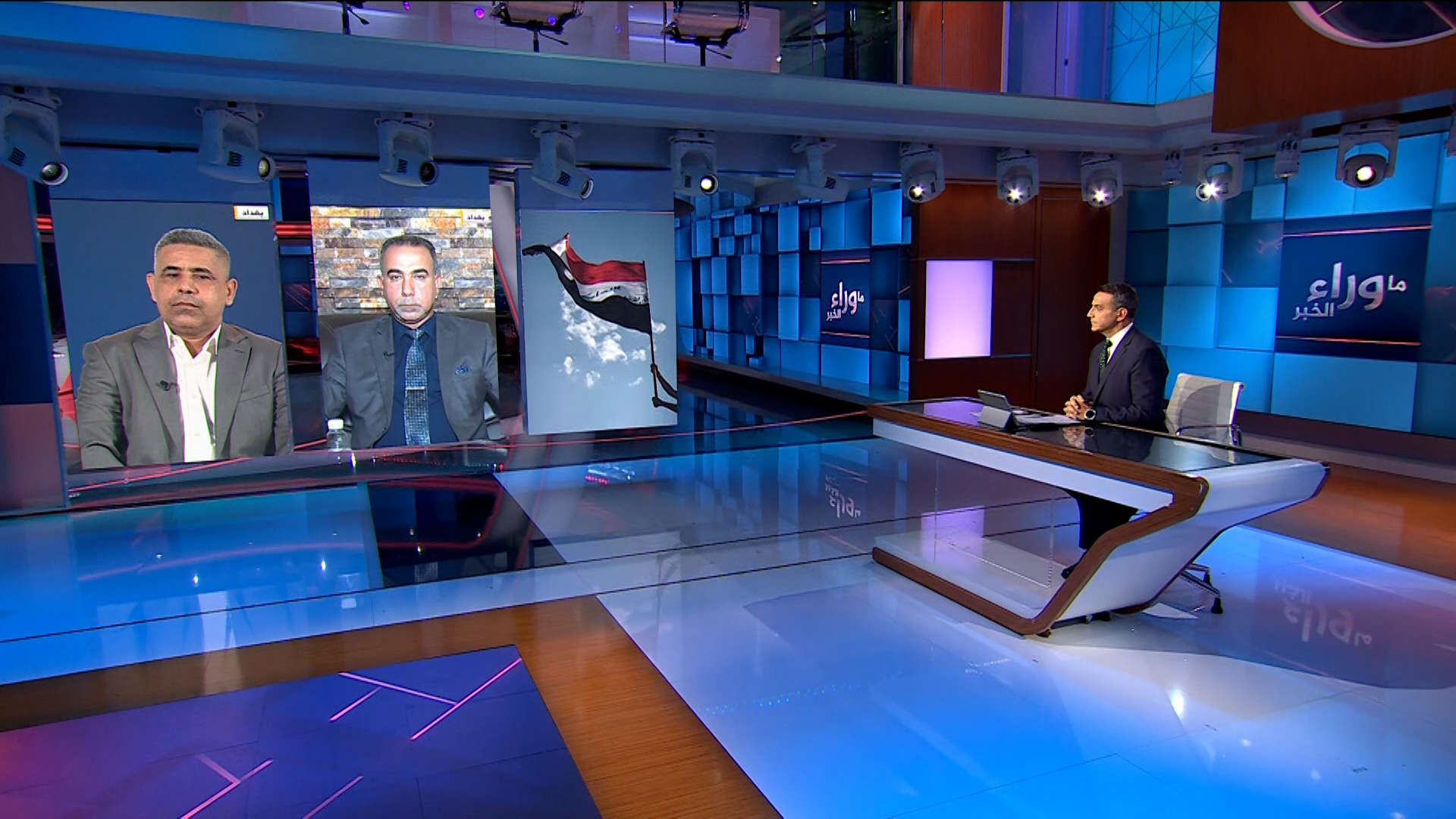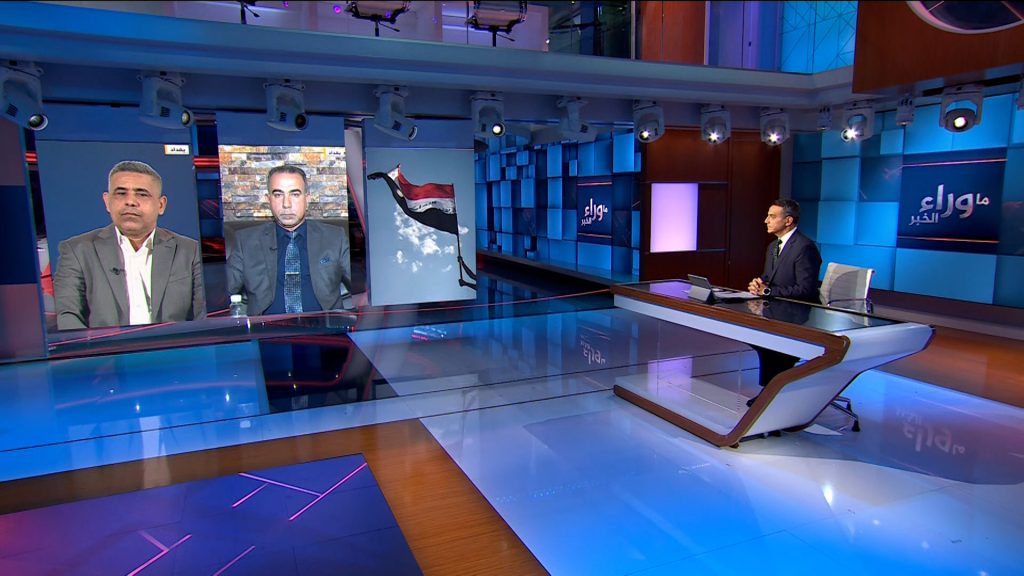In a highly sensitive political and security scene, Iraqi Prime Minister Mohammed Shia’ Al Sudani’s call to confine weapons to the state’s hands sparked a broad debate about the future relationship between state institutions and armed factions, amid complex balances between official legitimacy and the field influence of these factions.
Although Sudani affirmed that the call is directed to all parties without exception, attention focused on the Popular Mobilization Forces (PMF), originally formed to confront ISIS but transformed into a political and military player with wide influence in Iraq.
The timing of Sudani’s call carries intertwined implications, coinciding with the upcoming legislative elections, investigations targeting elements affiliated with the PMF, and escalating Western pressures regarding the future of armed factions.
Given the PMF’s link to the Commander-in-Chief of the Armed Forces, analysts believe Sudani’s statement primarily targets factions outside the PMF framework, especially those hostile to Washington and involved in armed operations with a regional dimension.
Political analyst Hadi Jalo Marai views the proposal in a broader context; according to him, the Iraqi government seeks to demonstrate its ability to make tough decisions that enhance international community trust, even if it clashes with sensitivities within Shiite alliances.
Dual Message
He told the program “Behind the News” that the step carries a dual message, internal and external, that Iraq possesses its security and political will and seeks to organize its internal affairs in preparation for a new phase of international openness.
Conversely, analyst Ali Fadhlallah warns against oversimplifying the scene by limiting it to a confrontation with the PMF, affirming that this force, from his perspective, is one of the pillars of the state and that its weapons are subject to the authority of the Commander-in-Chief.
He points out that the government has succeeded recently in convincing factions to stop targeting US forces as part of understandings that led to the near withdrawal of most foreign troops.
Behind this divergence, the debate remains linked to a broader issue: Iraq’s relationship with international and regional axes.
Washington, as Marai sees it, does not hide its rejection of the PMF itself, as well as independent factions, treating them as extensions of the Iranian vision in the region, making any step to organize or integrate these forces a delicate test for Iraqi policy.
Complex Scene
Although some leaders of the Coordination Framework, such as Nouri al-Maliki, have explicitly rejected the proposal to confine weapons, electoral alliances between Sudani and prominent figures in the PMF reflect the complexity of the Shiite scene, where electoral calculations overlap with the necessity to maintain unity against external pressures.
Fadhlallah believes Iraqi factions have shown pragmatism in previous stages, as in the Syrian file when they withdrew in response to political considerations, considering that the current phase requires close coordination between the government and the Coordination Framework forces to avoid giving Iraq’s regional and international adversaries pretexts for escalation.
The Popular Mobilization Law project adds another knot to this debate; the ready-to-pass law faces continuous obstruction due to American, Kurdish, and Sunni objections fearing it would entrench the PMF’s influence within the state structure.
Marai suggests that any insistence on passing it without consensus may open the door to economic sanctions and political pressures threatening the balance of the entire political process.
Although Sudani presents his step as a measure to strengthen the state, its implementation path will remain contingent on Baghdad’s ability to balance satisfying influential international powers and maintaining the cohesion of its internal front.














Recommended for you
Exhibition City Completes About 80% of Preparations for the Damascus International Fair Launch
Talib Al-Rifai Chronicles Kuwaiti Art Heritage in "Doukhi.. Tasaseem Al-Saba"
Unified Admission Applications Start Tuesday with 640 Students to be Accepted in Medicine
Egypt Post: We Have Over 10 Million Customers in Savings Accounts and Offer Daily, Monthly, and Annual Returns
Al-Jaghbeer: The Industrial Sector Leads Economic Growth
His Highness Sheikh Isa bin Salman bin Hamad Al Khalifa Receives the United States Ambassador to the Kingdom of Bahrain